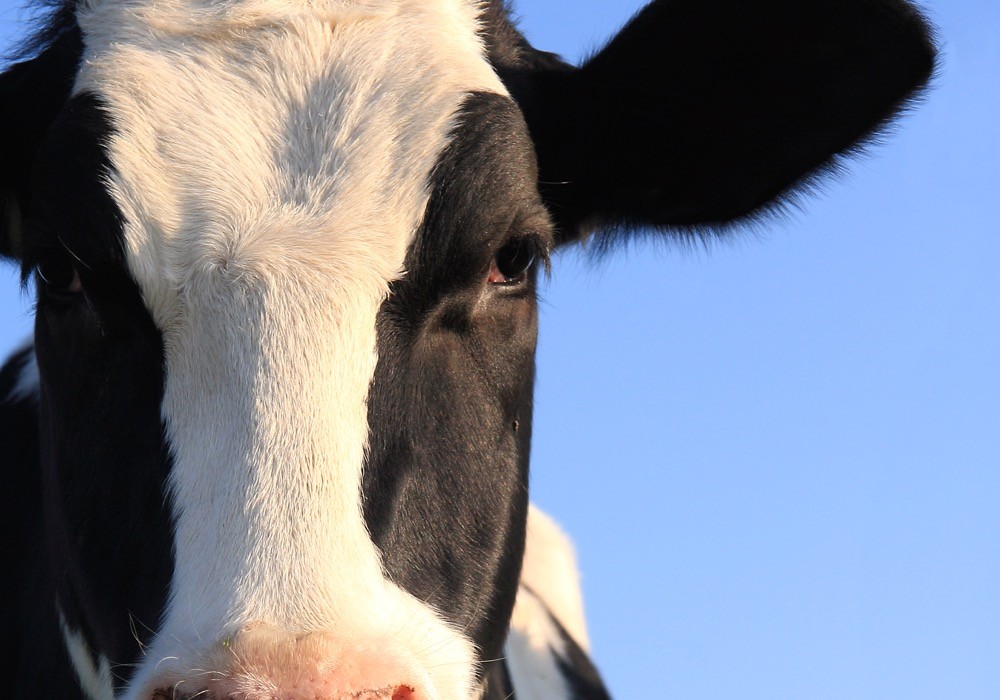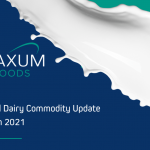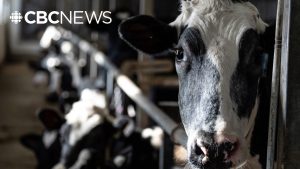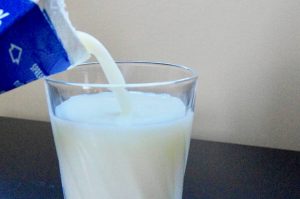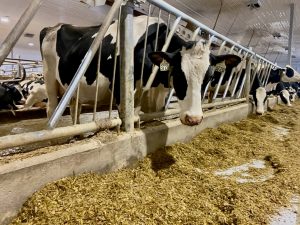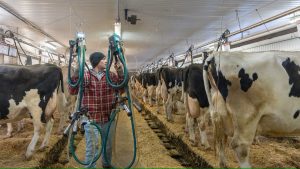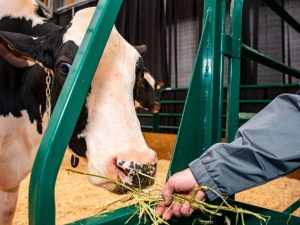
Canada’s dairy industry continues to receive financial and moral support from taxpayers and consumers; but producers should recognize the role transparency plays in ensuring that relationship remains healthy.
The Dairy Farmers of Canada (DFC), set to receive billions of dollars in direct payments from Canadian taxpayers, recently held its 2021 annual policy meeting behind closed doors.
Minister of Agriculture and Agri-Food Marie-Claude Bibeau was invited to attend the virtual event, closed to the public and media.
During her keynote speech, Bibeau announced 5,054 Canadian dairy farmers have already received their payments, totalling $267.1 million, under the second year of the Dairy Direct Payments Program, from the federal government.
Those payments are compensation for the government negotiating away a share of the domestic dairy market as part of recent trade negotiations.
Dairy farmers are receiving $1.4 billion in direct payments over the next three years, part of a $1.75-billion compensation package.
The owner of a farm with 80 dairy cows will be awarded compensation in the form of a direct payment of approximately $38,000 each of those years.
Bibeau’s announcement was made public by the federal government through a press release.
More money is expected to be coming to dairy farmers, too. They have been promised compensation from the new-NAFTA deal by the Liberal government.
A public-facing organization, like DFC, receiving such substantial amounts of taxpayer dollars, should be holding its annual meetings in public.
It’s at those meetings where dairy farmers undertake strategic planning, and tackle some of their biggest issues.
Dairy farmers can expect – and make a strong argument for – receiving that money, because of Canada’s supply management system.
But while supply management is a sacred cow of Canadian public policy, it can still be debated.
Just a few years ago, there was a country-wide debate on the future of supply management.
During his failed bid to win the Conservative party leadership, Maxime Bernier ran on the back of eliminating supply management, showing there is appetite for debate on the subject, at least within some political circles.
(People may forget, but Bernier gained 49 per cent of the votes in that race.)
Put another way, Canada was within a few thousand votes of having its Official Opposition party be led by someone who opposes supply management, and wants to abolish it.
Imagine the AGM being held in private under those circumstances.
Dairy farming in Canada is a function of public policy, and public policy is a matter of public debate.
During the 2020 AGM held by the DFC, Bibeau told the audience supply management was a “social contract” that needs protecting.
She didn’t say what, or who, it needed protecting from – since Bernier’s attempt, taking on supply management isn’t politically en vogue – but despite supply management’s continued sacred standing, dairy is under attack.
Just about any time Bibeau posts about the dairy industry on social media, including her post about her speech at the DFC AGM this year, she is asked by people why the government continues to prop up a commodity no longer included on Canada’s Food Guide.
Despite support for the dairy industry across the country, there is discontent.
More and more consumers are migrating away from dairy and towards alternatives.
Dairy Farmers of Canada is regularly engaging in public campaigns and promoting the industry. Sealing off its AGM to the public runs counter to those efforts.
